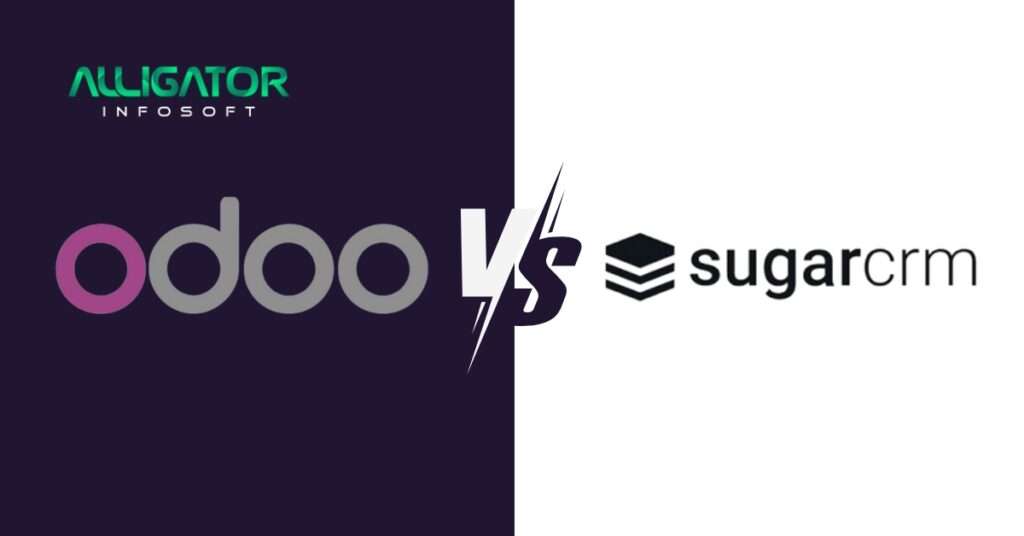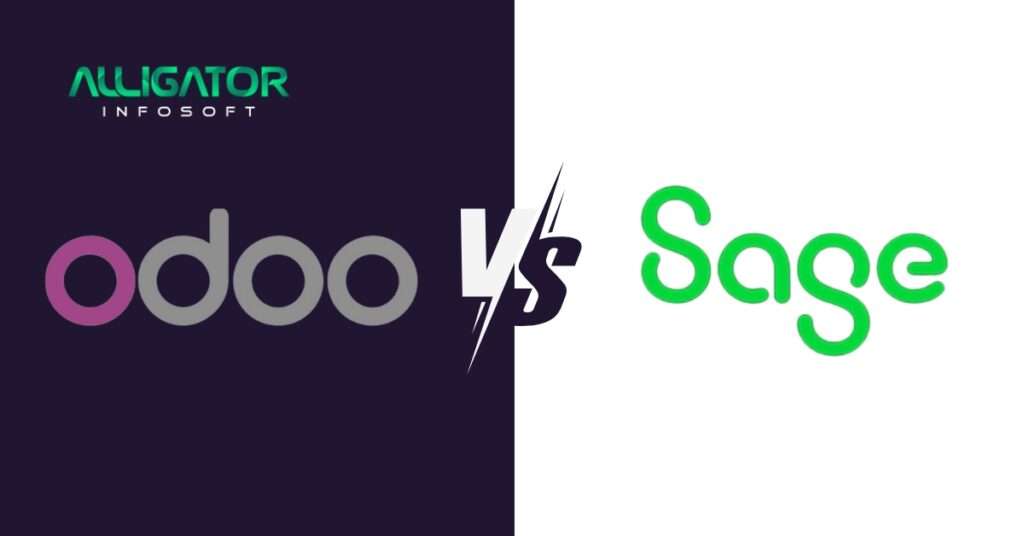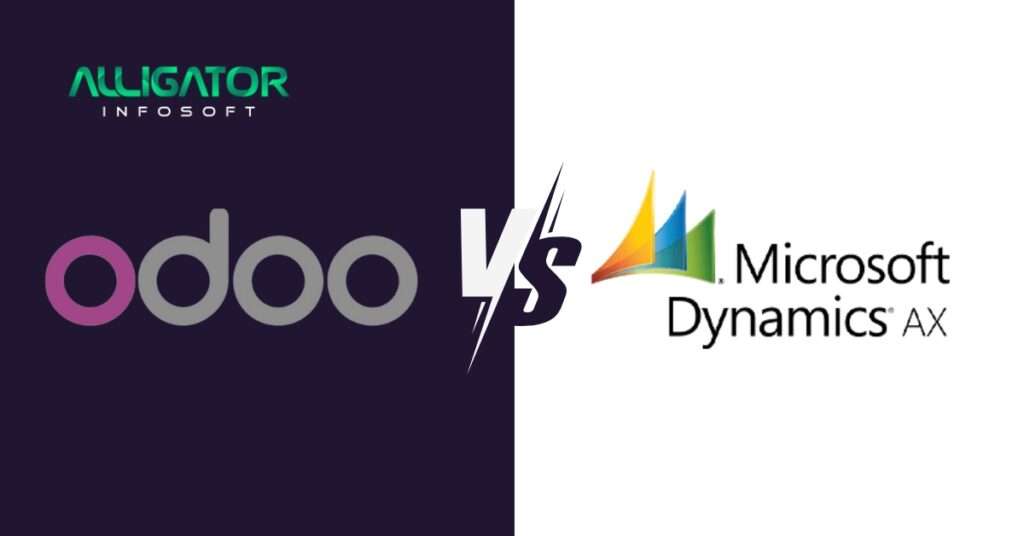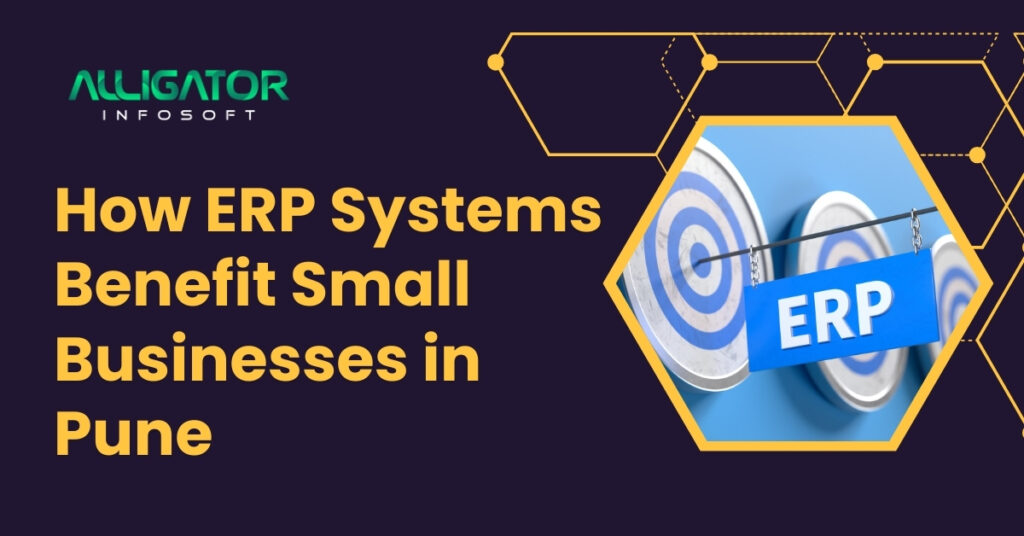Top 10 ERP Software for the Logistics Industry in 2025
Running a logistics business comes with many challenges, from tracking shipments to managing inventory and coordinating suppliers. The right ERP (Enterprise Resource Planning) software can simplify these tasks by bringing everything into one system, helping businesses work smarter and stay ahead of the competition. With so many ERP options out there, choosing the best one can make a big difference in how smoothly your operations run. In this guide, we’ll look at the top ERP solutions for logistics, highlighting their key features and how they can help improve efficiency, reduce costs, and keep everything on track. What is Logistics Software? Logistics software is a specialized tool designed to streamline and optimize supply chain and logistics operations. It manages key functions such as inventory control, order processing, transportation planning, and supply chain coordination. By providing real-time tracking and detailed analytics, this software enhances operational efficiency, reduces costs, and improves decision-making. Essentially, logistics software automates critical processes, helping businesses maintain smooth operations and better serve their customers. Key Features to Look for in ERP Software for Logistics When choosing ERP software for logistics, several features are essential to consider: Real-time Tracking and Visibility: This feature allows businesses to monitor shipments and inventory in real-time, reducing delays and improving customer satisfaction. Inventory Management: Efficiently manage stock levels, orders, and warehouse operations to minimize excess inventory and stockouts. Supply Chain Management: Integration across the supply chain ensures smooth coordination between suppliers, manufacturers, and distributors. Integration Capabilities: Seamless integration with other systems, such as CRM and accounting software, enhances overall operational efficiency. Reporting and Analytics: Advanced reporting tools provide insights into performance metrics, helping businesses make informed decisions. What Should You Look for In Logistics Software? When selecting logistics software, consider these key factors: Scalability: Ensure the software can grow with your business and handle increasing volumes. This will prevent future disruptions as your operations expand. Ease of Use: Choose a user-friendly interface that simplifies operations and reduces training time. A straightforward design helps employees adapt quickly and work efficiently. Customization Options: Look for software that can be tailored to fit your specific logistics needs and workflows. Customizability ensures the software aligns perfectly with your business processes. Integration Capabilities: Verify if the software integrates seamlessly with other systems like ERP, CRM, or warehouse management. Effective integration enhances data flow and operational efficiency. Real-Time Tracking: Opt for software that offers real-time visibility into inventory and shipment status. This feature helps you stay informed and make timely decisions. Cost and ROI: Evaluate the software’s cost against the expected return on investment and potential cost savings. A clear understanding of ROI helps justify the expense and measure its benefits. Top 10 ERP Software for the Logistics Industry 1. Odoo ERP Odoo ERP is a standout choice for logistics companies due to its remarkable flexibility and comprehensive suite of features. Its modular design allows businesses to select and integrate only the functionalities they need, such as inventory management, order processing, and supply chain optimization. This modularity not only makes Odoo highly customizable but also cost-effective, as businesses only pay for the features they use. Key Features: Modular Architecture: Tailor your ERP solution by choosing from a wide range of modules, including inventory management, warehouse management, and more. Advanced Inventory Management: Efficiently handle stock levels, manage orders, and streamline warehouse operations. Integration Capabilities: Seamlessly integrates with other Odoo modules and third-party applications for enhanced functionality. Pros: Highly Cost-Effective: Offers a scalable solution at a lower cost compared to many competitors. Flexible and Customizable: Adapts to a wide range of logistics needs and business processes. Strong Community Support: A large community of developers and users provides extensive support and resources. Cons: Some Modules May Require Configuration: Certain functionalities might need additional setup to fit specific business needs. Learning Curve for New Users: While intuitive, new users may need time to fully grasp all features. 2. SAP S/4HANA SAP S/4HANA is renowned for its real-time processing capabilities and comprehensive suite of features. It provides robust logistics functionalities, including supply chain management and advanced analytics. Its cloud-based solution ensures scalability and flexibility, making it suitable for large enterprises. Key Features: Real-time Data Processing: Instant access to data enhances decision-making and operational efficiency. Integrated Supply Chain Management: Streamline coordination across the supply chain. Advanced Analytics and Reporting: In-depth insights into logistics performance. Pros: Highly Scalable: Suitable for large enterprises with complex logistics needs. Extensive Industry-Specific Solutions: Tailored functionalities for various industries. Global Support Network: Strong support infrastructure worldwide. Cons: Higher Cost: Generally more expensive compared to other ERP options. Complex Implementation Process: May require a lengthy and detailed setup. 3. Oracle ERP Cloud Oracle ERP Cloud offers a unified platform for logistics with features like procurement, inventory management, and supply chain planning. Its cloud-based nature ensures easy access and scalability. Key Features: Integrated Supply Chain Planning: Optimize supply chain operations with advanced tools. Advanced Procurement Solutions: Streamline procurement processes and manage supplier relationships. Real-time Analytics: Gain insights into logistics performance with real-time data. Pros: Comprehensive Feature Set: Covers a wide range of logistics functions. Scalable and Flexible: Adapts to growing business needs. Strong Security Features: Ensures data protection and compliance. Cons: Higher Cost: Premium pricing compared to some alternatives. May Require Significant Customization: Tailoring the system to specific needs may be necessary. 4. Microsoft Dynamics 365 Microsoft Dynamics 365 provides a suite of applications designed to enhance logistics operations, including inventory management, order processing, and customer relationship management. Its integration with Microsoft products offers a seamless user experience. Key Features: Integration with Microsoft Office 365: Leverage existing Microsoft tools for enhanced functionality. Comprehensive Supply Chain Management: Manage and optimize the entire supply chain. Advanced Analytics and Reporting: Access detailed insights into logistics performance. Pros: Seamless Integration with Microsoft Products: Provides a unified experience for users familiar with Microsoft tools. Flexible and Scalable: Adapts to various business sizes and needs. Strong Support Network: Extensive resources and customer support. Cons: Higher Cost: Can be expensive, especially for small to mid-sized businesses. Customization May Be Complex:











